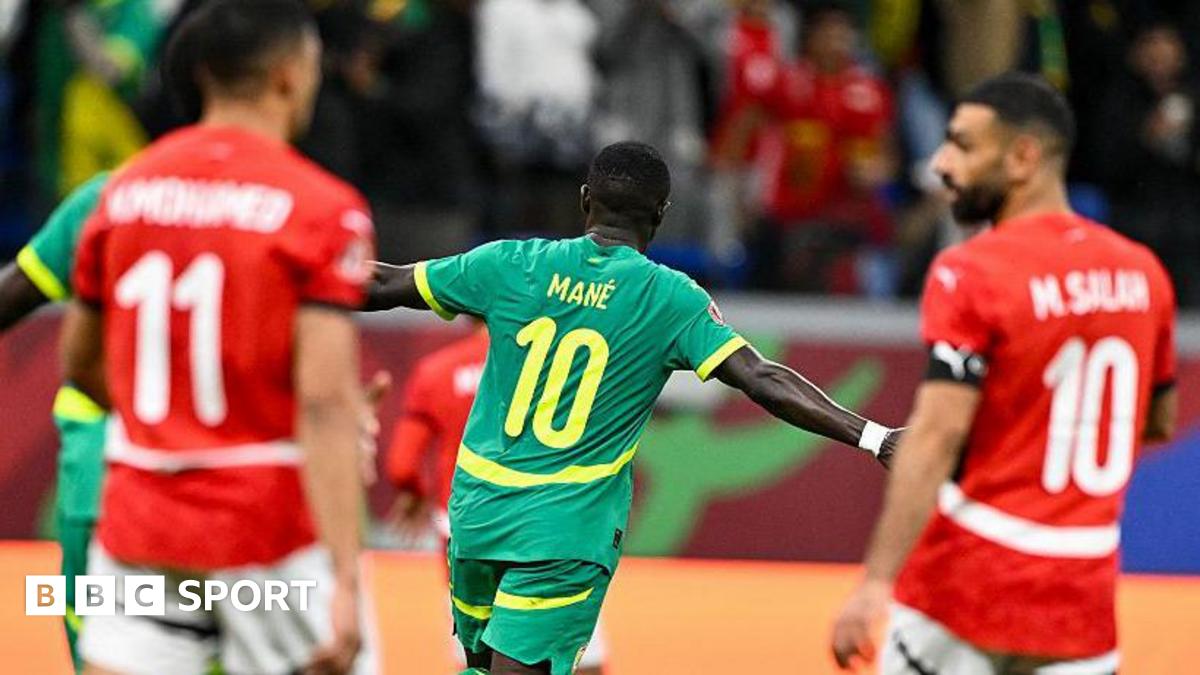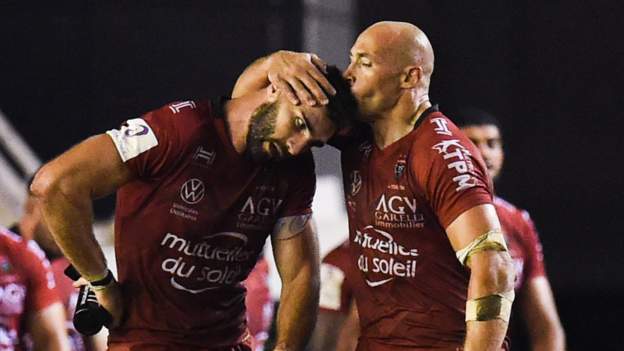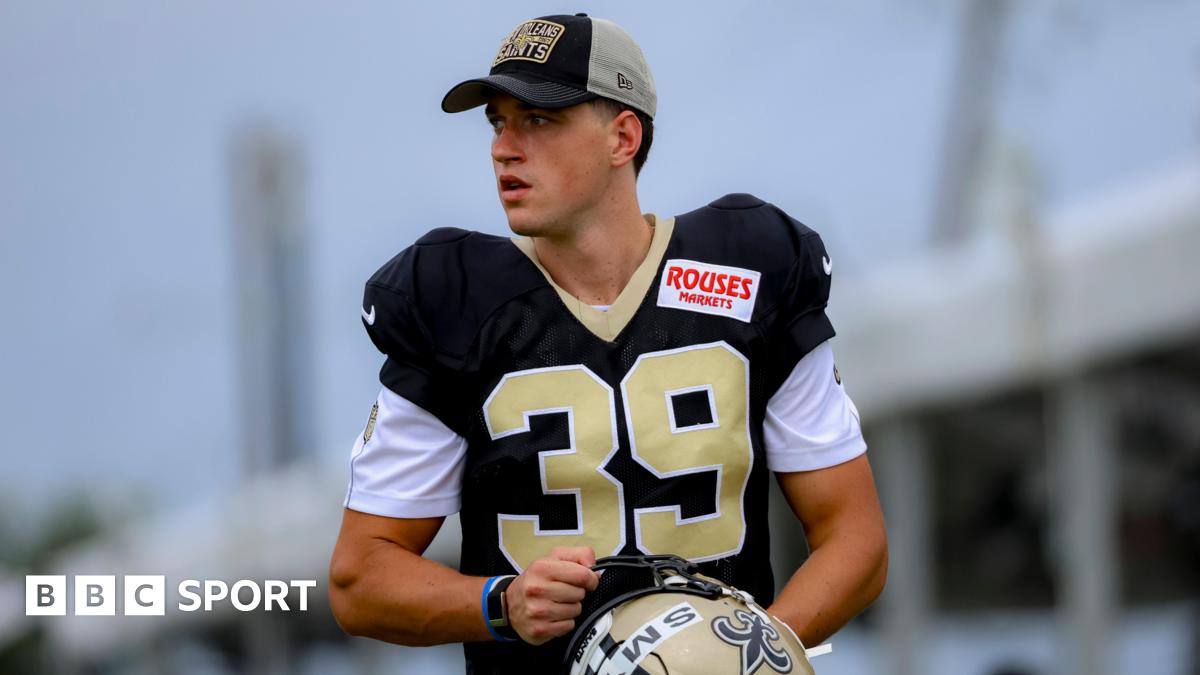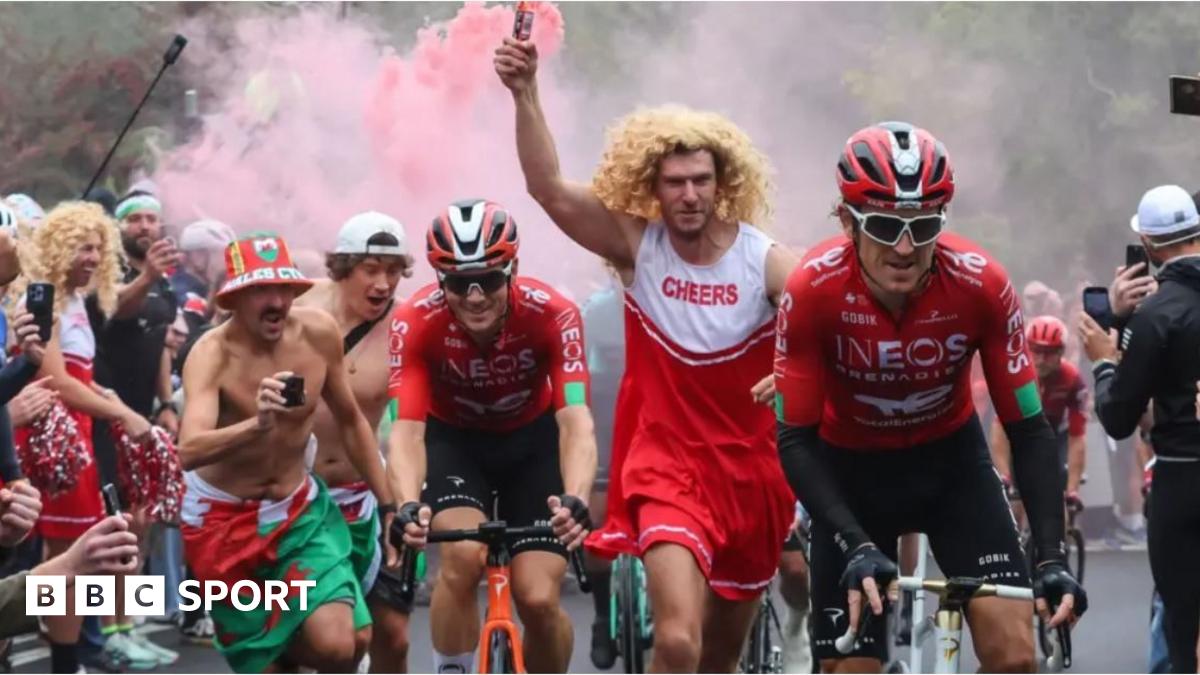New British champion Natasha Cockram says she did not expect to finish Sunday’s London marathon after being injured in the build-up.
The 27-year-old finished 13th overall in a time of 2:33:19, which is outside the Olympic qualifying time of 2:29:30 that she is still hoping to hit.
The Welsh runner suffered an ankle injury three weeks before the race, which was won by Brigid Kosgei.
“I didn’t even think I’d make the start line,” Cockram told BBC Radio Wales.
“Just to make it to the start line felt surreal. I wasn’t even expecting to perhaps finish the race – the British title was just an incredible feeling.
“I wasn’t sure if my ankle would hold up, but I patched it up. I hadn’t run all week prior to the race. It just hurt too much.
“It was just [about] going out there and hoping for the best.
“There was no pressure because I wasn’t the favourite to win so I just went out there and wanted to do the country proud and that’s what I did.”
Cockram’s British rival Steph Twell, who reached world finals and won a European medal on the track, also missed out on the Olympic qualifying time.
The 31-year-old limped out around mile 16 as she failed to repeat her rapid time from Frankfurt last year.
Lily Partridge, the 2018 British champion, also could not finish, suffering from cramp and later saying on social media she had never been so cold out running.
In their absence, Cockram beat Naomi Mitchell to the domestic title as world-record holder Kosgei defended her crown.
Cockram’s personal best of 2:30:50 was set in Dublin in 2019 and her sights are still on the qualifying mark that could earn a place at the Tokyo Olympics next summer
“Originally I hoped to get the Olympic standard, but three weeks prior I got injured,” she added.
Cockram and her fellow competitors experienced a race run under social-distancing rules in which the traditional mass of charity runners were absent, with many instead running the distance in their local areas.
A hotel hosted a ‘bubble’ of elite runners from Friday and guests had to carry a device that let them know if and when they were within two metres of anyone else.
“In the hotel we had to wear what’s called a ‘bump-around’ and if you got within two metres of someone it would just beep at you relentlessly to move away,” Cockram said.
“So it was a very, very strange atmosphere and quite lonely, I guess, compared to most races because it’s quite social normally.
“The beeping was constant throughout the stay at the hotel. It was tough.”




















